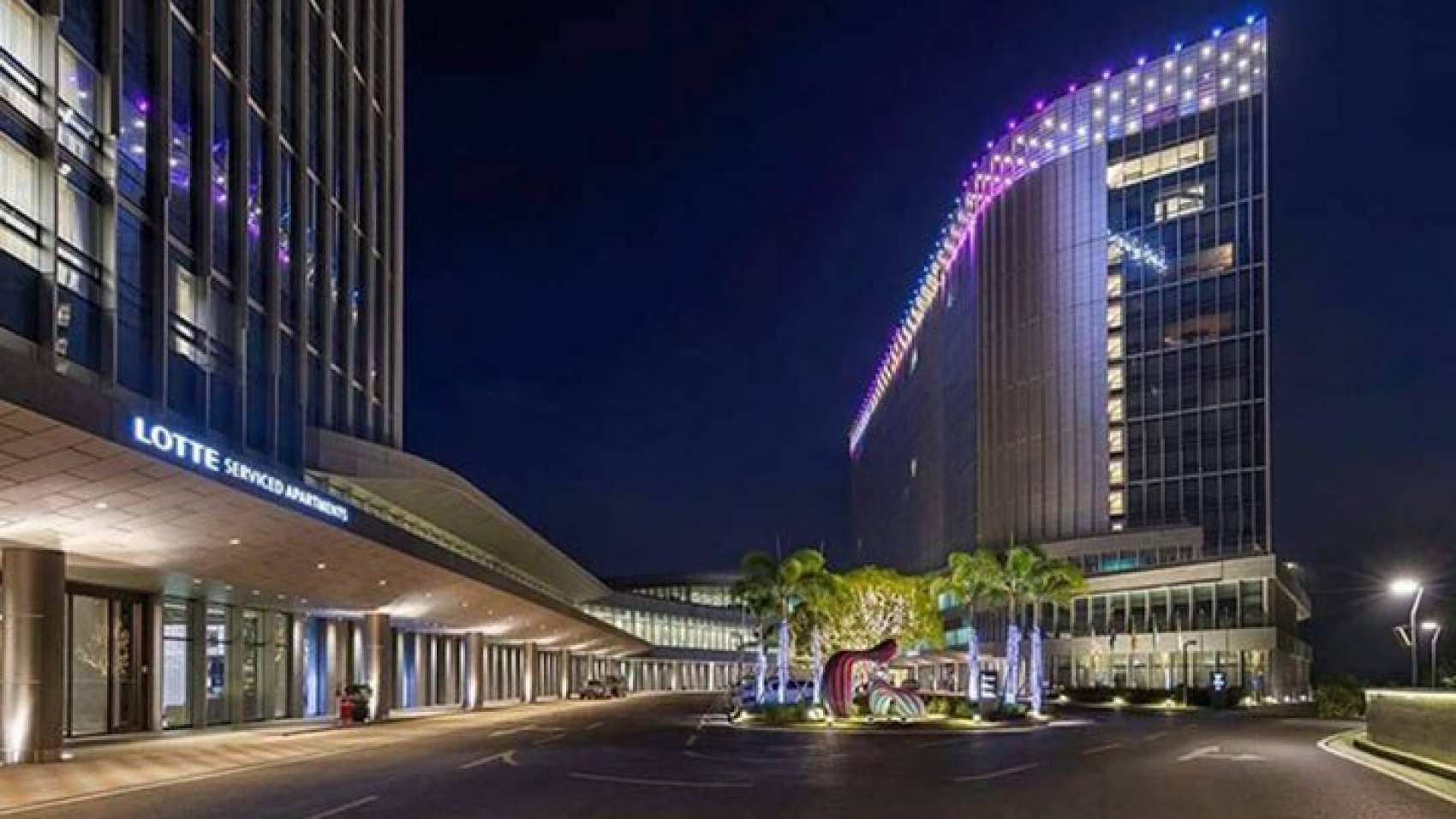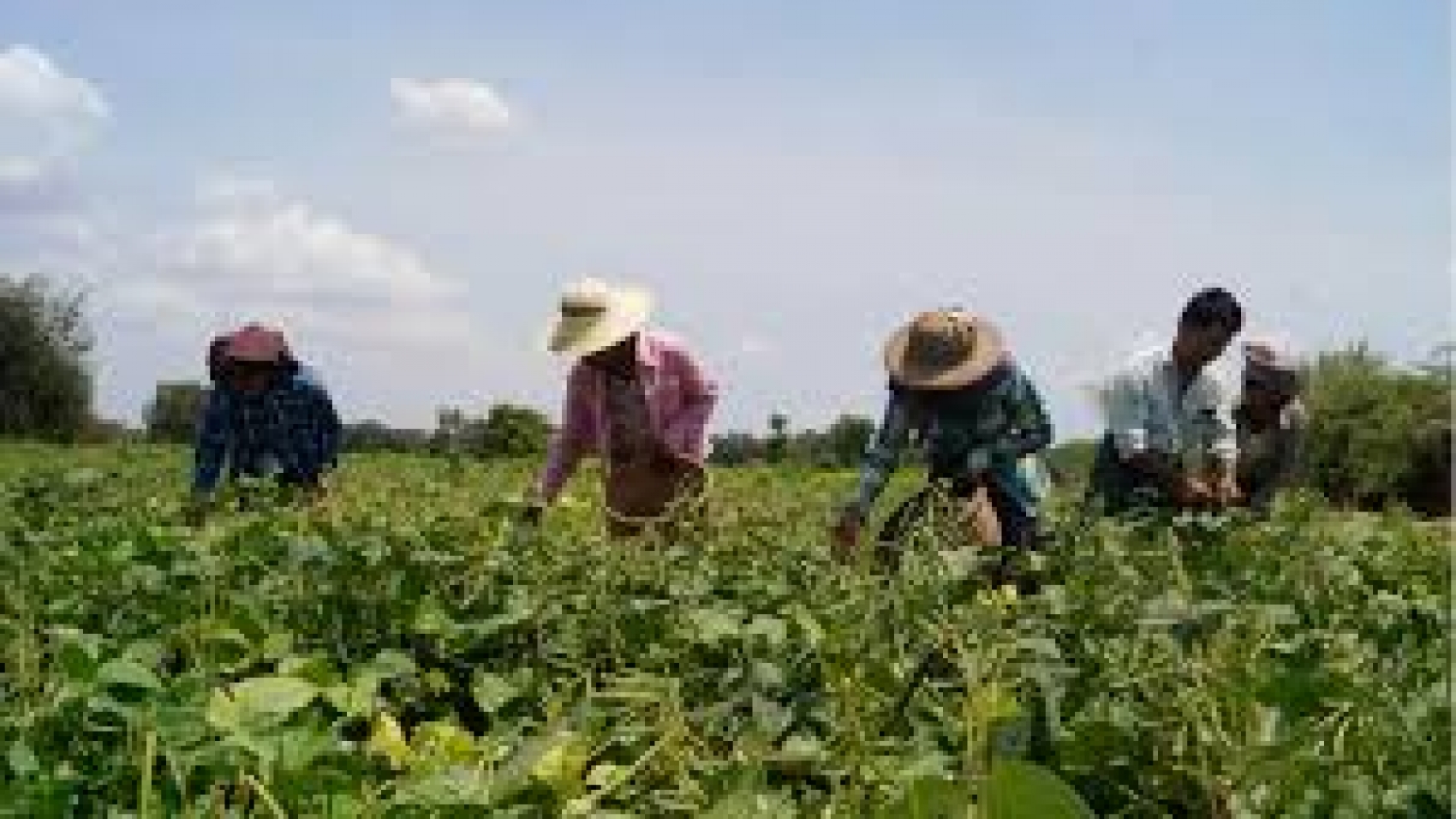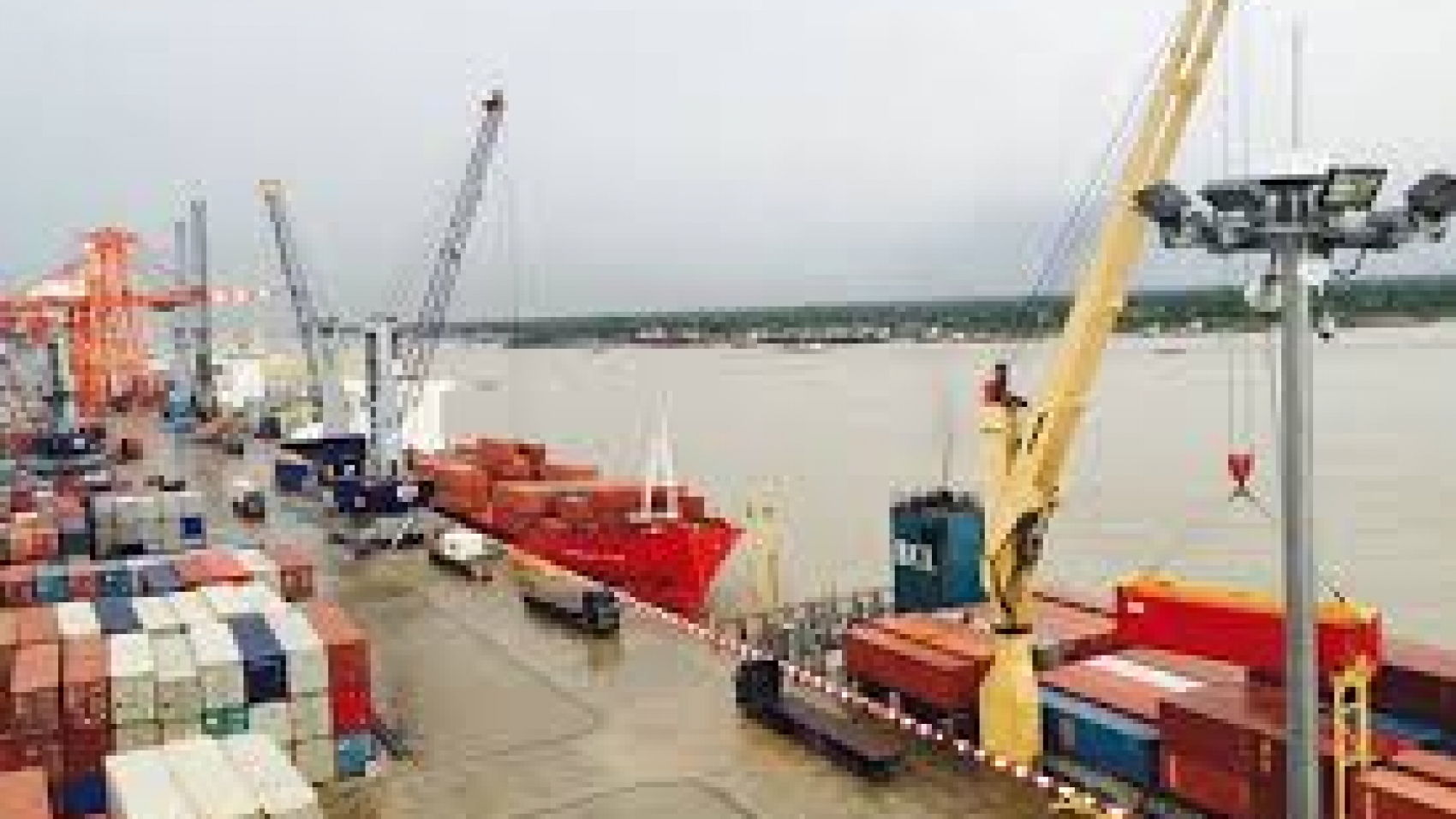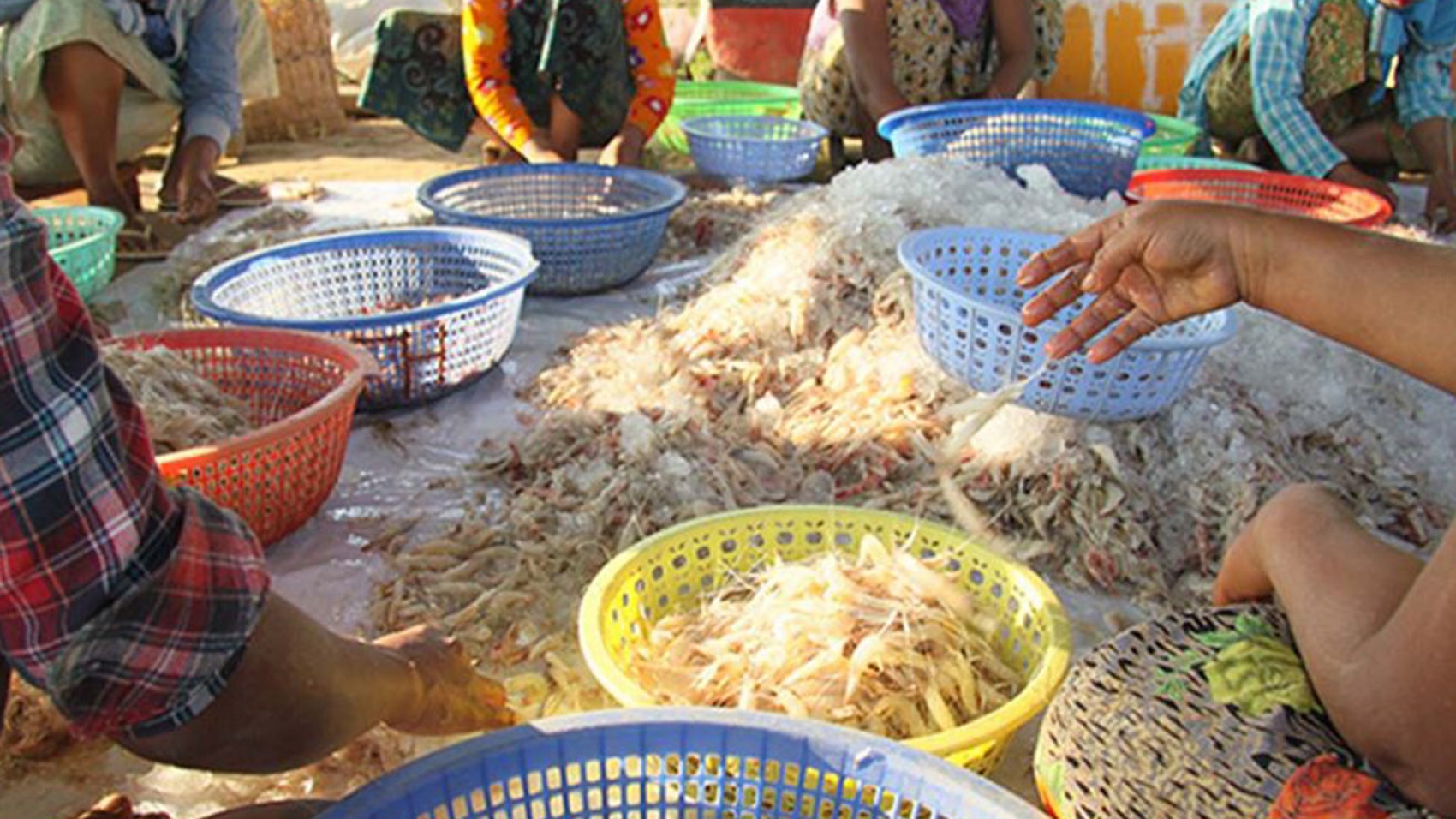Myanmar has attracted more than US$25 billion of foreign direct investments over the past four and half years under the incumbent government, according to the Directorate of Investment and Company Administration (DICA). The Myanmar Investment Commission (MIC) and the respective investment committees granted permits and endorsements to 1,032 foreign enterprises between the 2016-2017FY and 2019-2020FY, with estimated capitals of US$25.186 billion.
The FDIs stood at $6.9 million from 158 enterprises in the FY2016-2017, $6.119 billion from 234 businesses in the FY2017-2018, $1.94 billion from 89 projects in the 2018 mini-budget year, $4.5 billion from 298 enterprises in the FY2018-2019 and $5.689 billion from 253 businesses in the FY2019-2020 respectively, the DICA’s data indicated. The FDIs flow into the 12 sectors; oil and gas, power, transport and communications, real estate, hotels and tourism, mining, livestock and fisheries, industrial estate, agriculture, construction, manufacturing and other service sectors.
Transport and communications sector topped the investment line-up, followed by the manufacturing industry in the second place and real estate sector in the third place. Of 51 foreign countries and regions investing in Myanmar, Singapore put the most massive investments, followed by China and Hong Kong (SAR). MIC is prioritizing the labor-intensive businesses. In the incumbent government period, domestic and foreign projects employ over 670,000 residents, according to the DICA. Those enterprises have created over 96,000 jobs in the FY2016-2017, 110,000 jobs in the FY2017-2018, over 53,000 jobs in the 2018 mini-budget period, over 180,000 jobs in the FY2018-2019 and 210,000 jobs in the FY2019-2020 respectively.
Source: The Global New Light of Myanmar







